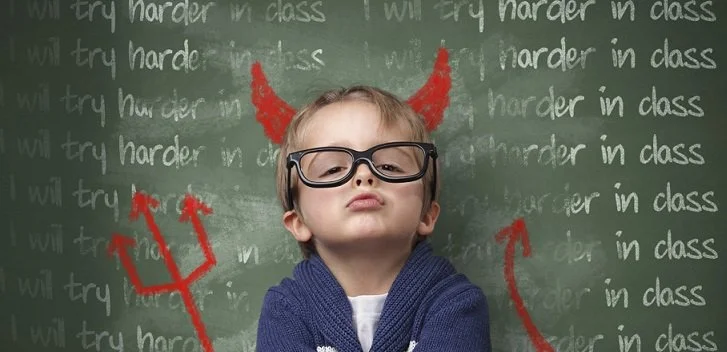Stop pretending you’ve apologised...You haven’t.
Most people think they know how to apologise. But what they call an “apology” is usually just a mess of excuses, blame-shifting, or cheap theatrics. A real apology is rare, and yet it’s the only thing that rebuilds trust after damage has been done.
Here’s my framework for how to apologise effectively:
The 4 stages of an effective apology
Stage 1: What did you do?
Say it plainly. No spin. No excuses. Just the truth.
“I said X. I did Y.”
If you can’t even name your offence accurately, nothing that follows matters.
Until you are on the same page about the actual crime committed, what are you even apologising for?
Stage 2: Why did you do it?
Context doesn’t excuse, but it does explain. Own your thinking or feelings at the time.
“I was feeling insecure, so I tried to control the conversation.”
“I was defensive, and so I lashed out.”
This shows you’ve actually reflected and understood your own behaviour rather than just ticking the apology box.
If you are going to fix this and rebuild trust, it is your responsibility to have some self awareness about what caused you to behave in a way that causes such pain to the person you are apologising to.
Stage 3: Empathy (the real kind)
This is where most apologies go wrong.
Most people default to fake empathy thinking them must make it all about the other person. They assume everything must be framed in "you" language.
“You must be so hurt...You must feel so disappointed...I really understand how angry you must be.”
But that’s not empathy. That’s performance. It’s guesswork. It’s a way of looking like you care without actually stepping into their world.
True empathy always comes through “I” and “me” language.
“Oh wow, I get it...If someone did this to me, I’d feel awful...I’d be just as angry, hurt, let down. I feel exactly how horrible this is now that I'm standing in your shoes.”
That lands because it’s real. You’ve actually put yourself in their experience and felt it. You’re not acting, you’re resonating.
Without this stage, an apology is hollow. With it, everything shifts because when the person you’ve hurt hears you say, “If I was in your shoes, I’d feel just as devastated,” they know you’ve actually joined them in their pain. And that’s what heals.
Stage 4: A believable plan for change
Don’t just promise you’ll never do it again. That’s nonsense.
Instead, demonstrate that you’ve seen the trigger, the pattern, and are working on the pathway forward.
To re-clean the space between you and restore trust, you must offer a believable plan about why this is unlikely to happen again. That's the only thing that makes you safe again.
A believable plan says: “I’ve learned something real about myself and have taken full responsibility for dealing with the source of the belief that made me behave this way, and this is why I’m not going to repeat this cycle.”
The Takeaway
An apology isn’t a performance. It’s an act of deep responsibility and radical empathy.
